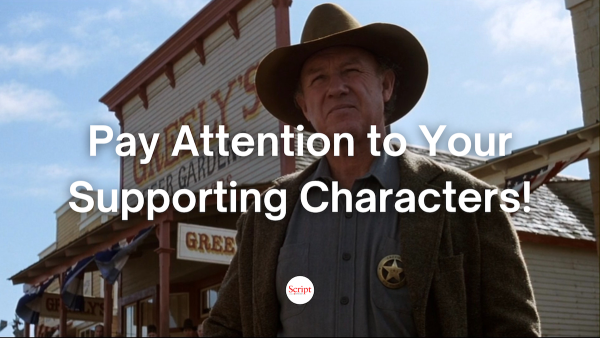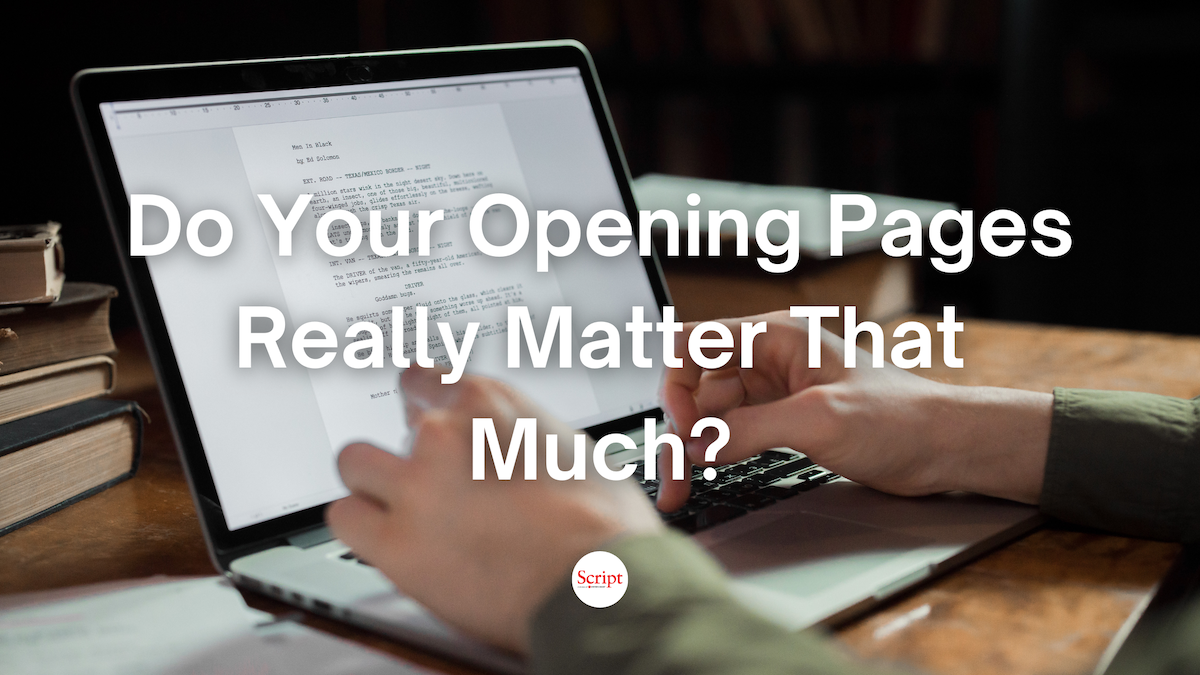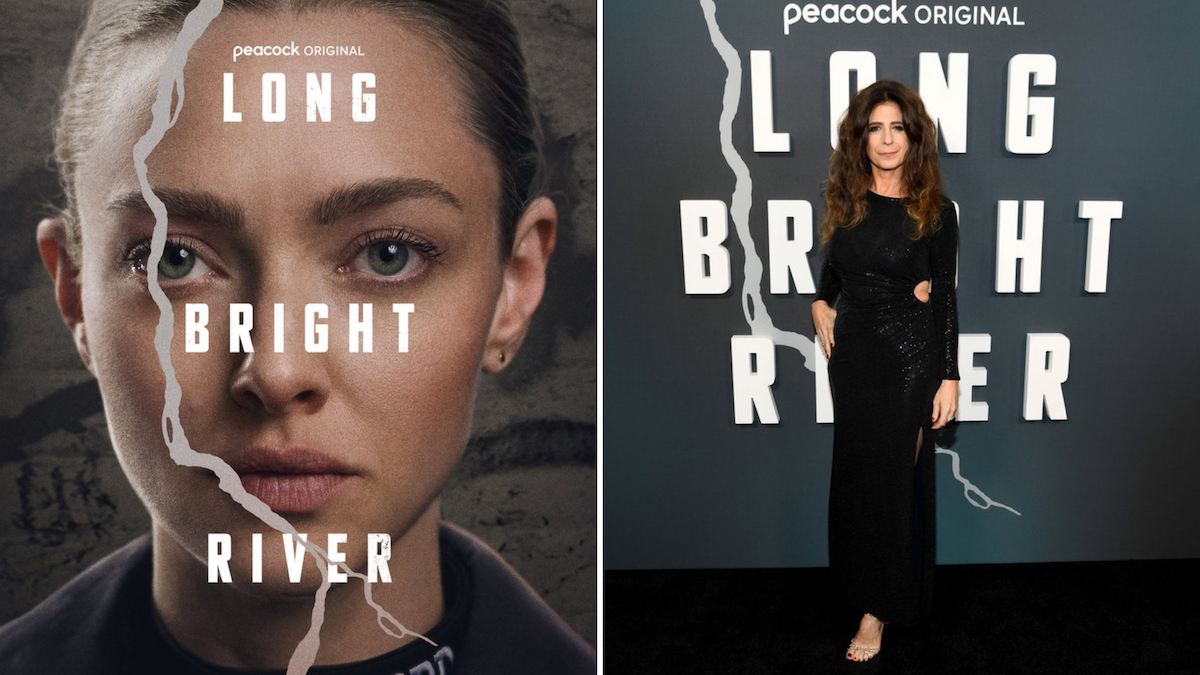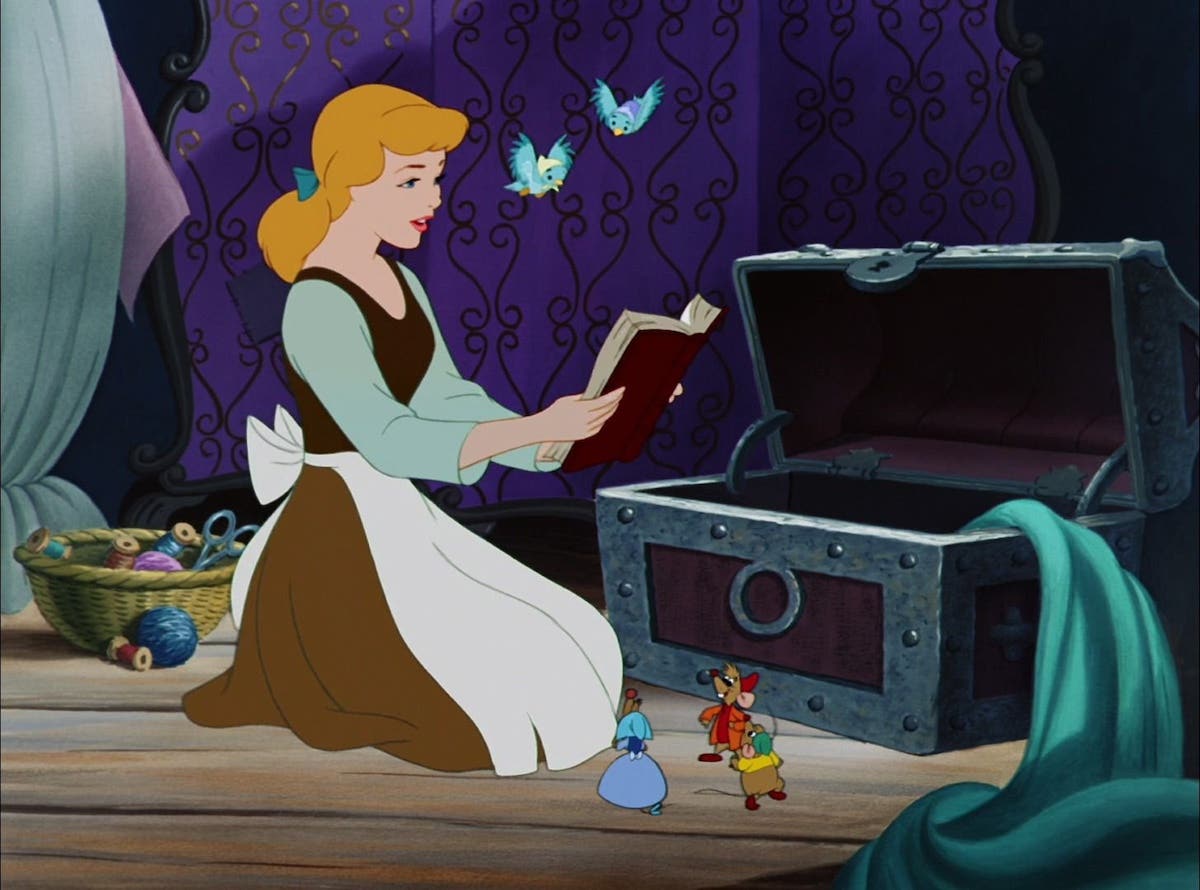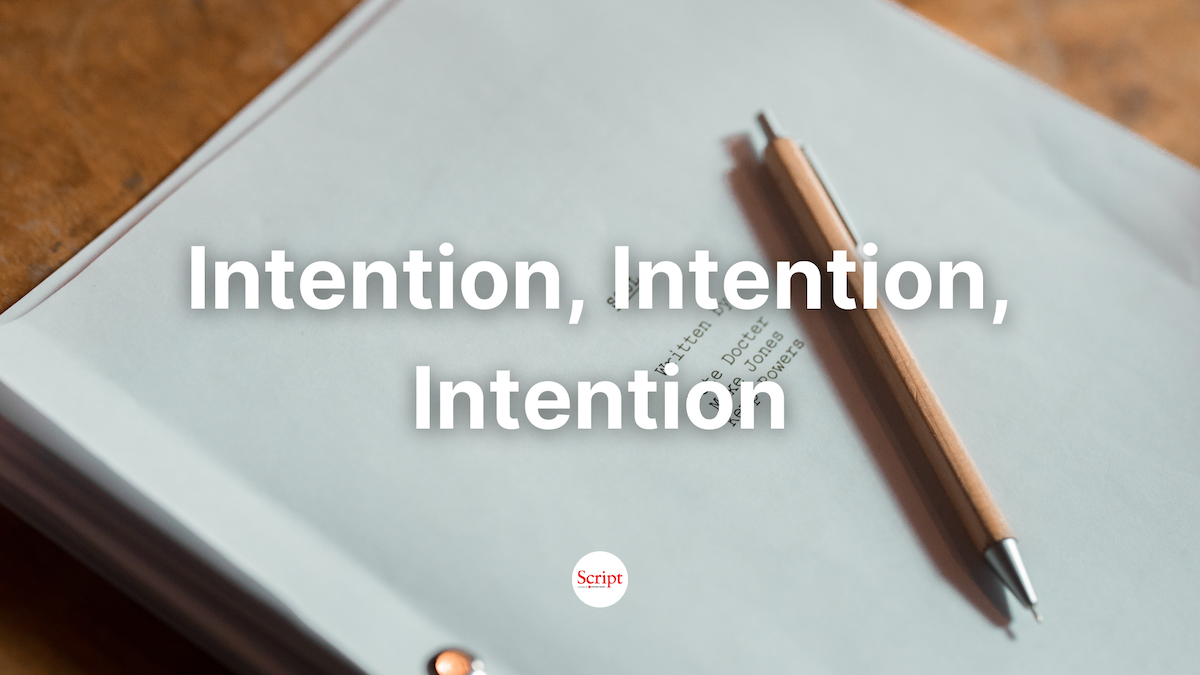ALT SCRIPT: The Screenwriter and Public Domain
One of the things that has always surprised Clive Frayne about fledgling screenwriters is that they never consider doing public domain adaptations.
One of the things that has always surprised Clive Frayne about fledgling screenwriters is that they never consider doing public domain adaptations.
Seventy years ago James Joyce and Virginia Woolf died.
Not together. They didn’t goad each other into an impromptu and drunken drag race through the streets of Trieste, ending in an iconic but tragically twisted ball of metal, petrol and flaming death. Nope, Joyce and Woolf just happen to share 1941 as the year in which they passed into the ranks of the literary dead. Not exactly current news, perhaps, but the date of their deaths are relevant to screenwriters and filmmakers right here, right now. It matters because, in the UK and Europe, all of their published works fall out of copyright and become public domain this year. Public domain, that magical point in history, when you don’t have to pay for adaptation rights and the author’s estate can’t prevent you from taking the original work and going wild with it.
I’m a screenwriter; I’m also penniless. Yes, I can afford to put food on the table, but I sure as heck can’t afford to pay for the adaptation rights for anyone’s novel/non-fiction epic or biography. All of which means, like some carrion crow or stalker of the talented dead, I always have my eye on who is going public domain in any given year. This year it’s James Joyce and Virginia Woolf. A few years back it was Conan Doyle. Followers of the literary dead, like myself, weren’t completely surprised that the same year Doyle went public domain: Guy Ritchie, Steven Moffat and various folks at CBS all wrote, pitched and delivered new adaptations of Sherlock Holmes to our screens. Sherlock Holmes didn’t so much come into fashion, as fall out of copyright. And, you really didn’t need to be the Great Detective to have seen that one coming. Although, to be honest, even I didn’t imagine that my competition that year, to get a Sherlock Holmes project to the screen, would be so fast off the mark and so talented in their adaptations.
The big question this year: can writers find enough inspiration in the works of James Joyce and Virginia Woolf to bring a flurry of new ideas and adaptations to our screens?
Personally, I don’t think it’s as likely, because unlike the relatively light-weight and screen-friendly Doyle, these are a couple of literary heavyweights, neither of whom are natural or established film fodder. Sure, the 1992 adaptation of Virginia Woolf’s Orlando, is a magnificent movie, and some interesting films have been made of Joyce’s works, but it will be a very brave, foolish or technically confident writer who tries to bring a popular adaptation of either writer’s work to the screen this year.
So, of course, I’m looking at both of them, very seriously.
I’m not doing this because I think I’m particularly special or gifted (I do), but simply because I know there’ll be a lot less competition from industry heavyweights this time. I just can’t imagine either Guy Ritchie or Steven Moffat pulling their dogeared copies of Finnegan’s Wake from their respective bookshelves and thinking, “Get in! This, will, be, epic! Finnegan’s Wake… in 3D!”
Ultimately, this is the beauty of public domain. It gives everyone a fair shot at rebooting great literature, regardless of their bank balance or their status in the industry. Which is nice. More importantly for alt-cinema writers, when the source material is challenging, your little project isn’t going have to play Johnny-come-lately to the studios and the major broadcasters. This time, I’m not massively worried that my Joyce adaptation is going to be blown out of the water by any project staring Mr. Downey Jr, in the same way my Sherlock Holmes adaptation got torpedoed.
All of which brings me to this column’s point, which is: one of the things that has always surprised me about fledgling screenwriters is that they never consider doing public domain adaptations. Screenwriter’s, particularly spec script writers, seem intent on only writing from their own original concepts. The same is true of alt-cinema writers. When you take a step back and think about it, that’s a really odd way to go about endearing yourself to an industry which thrives on adaptations!
This is especially true when you consider what’s on offer:
HG Wells
Edgar Allen Poe
Jane Austen
F Scott Fitzgerald
Jack London
HP Lovecraft
Dickens
Mark Twain
Tolstoy
Bram Stoker
Oscar Wilde
Kafka
And many, many more…
This is just a small fraction of the literature just sitting around waiting to be reworked, adapted, rebooted and generally messed around with. This list doesn’t even include any of the classic biographies or public domain non-fiction out there. As an alt-cinema writer, I’d be insane not to constantly review the available literature for me to adapt for free. The studios adapt popular fiction because they know the existing audience for that literature adds to the potential audience for the film. Regardless of whether the adaptation of the book/play is good or not, fans of the original will talk about it. Talk leads to interest and interest leads to ticket/DVD sales.
Hollywood has always understood financial sense of adaptations.
Alt-cinema writers just haven’t hooked into adaptations in the same way as the studios. Which I think is a pity. Every independent film struggles with the same issue: getting an audience for a movie when the potential buyers haven’t heard of your cast or you.
In the alt-cinema world, sales are made on concept and sustained by execution. Which is why so many alt-cinema writers and producers target soft genres like horror, simply because that’s a genre where the audience doesn't care about the cast or your budget.
This all changes with an adaptation, because great literature comes with an existing and appreciative audience. Your original material becomes the star of the show and your talent as a writer is the thing that makes the project stand out.
Of course, it may just be that writers are afraid adaptations have to be done as period pieces and period pieces are too expensive. This isn’t a real objection, though. Some of the best adaptations have brought the stories and characters of classic literature into the modern world. The modern industry expression for this is a “reboot.” So, in the same way that West Side Story is an reboot of Romeo and Juliet, your film can adapt any of the classics, all it takes is the willingness to see the relevance of the story to modern life.
One note of caution: Copyright law isn’t universal. So, it’s entirely possible for a book to be out of copyright in one country, but in copyright in another. Writers in the USA have to be particularly careful, because their copyright laws seem to get altered any time one of the major corporations believes any of their IP is in danger of going PD. So, the caveat of this piece is, always check to make sure the book is out of copyright.
Whether you are a spec script writer looking to prove to the industry you understand how to turn literature into cinema gold, or an alt-cinema writer looking to make a great movie, public domain literature is a great starting point.
Often, a better starting point than an original idea.
Want to learn more about adaptation? Clive's webinar,
Adapting Your Novel Into a Screenplay: Take the Story from Book to Script
REGISTER NOW!
Clive Frayne is a writer with over thirty years experience in broadcast media. After a very successful career running professional writing teams in the radio industry he decided to move into screenwriting. Since then he has written and directed two feature films and half a dozen award-winning short films, and authored the book The Process of Screenwriting. These days he splits his work between writing, script editing and teaching screenwriting. He is a passionate advocate of two things, process-driven screenwriting and independent filmmaking. Follow Clive on Twitter @clivefrayne
